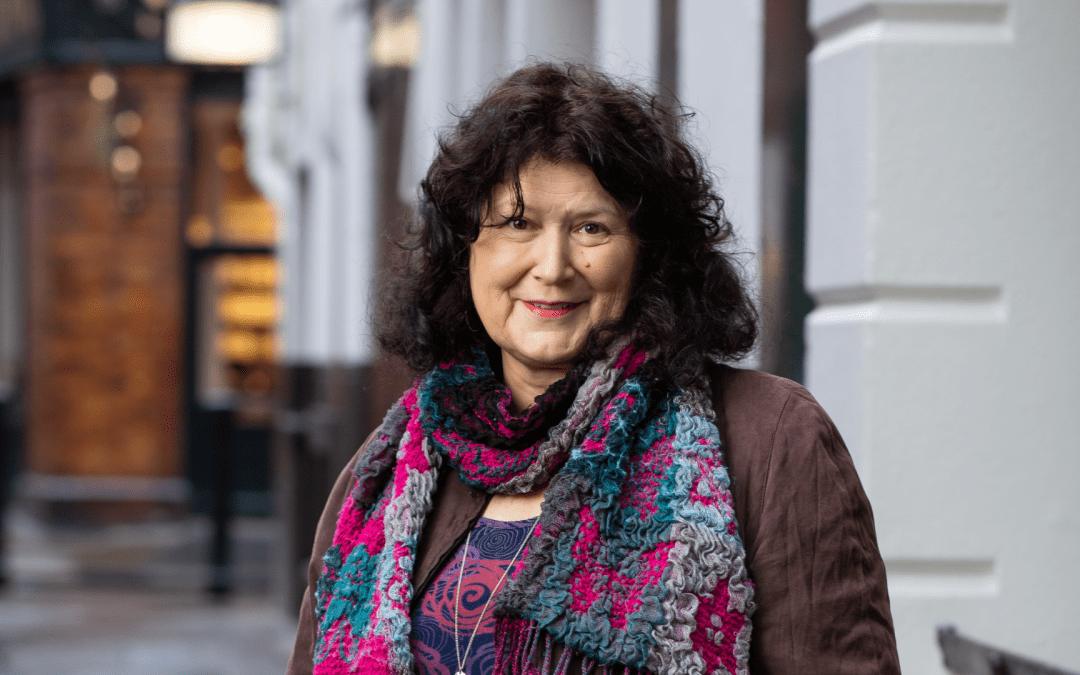The first few months of 2021 have been one of the busiest times in BAPAM’s history of clinical services. Rising mental health problems, preparing to return to busier work schedules and environments, plus difficulties accessing NHS services mean more people need support. We share in the sense of cautious optimism in our community, and we hope that more performers know we are here and can help.
Mental health has been a major focus. In addition to extending our partnership with Equity which provides 6 free sessions of counselling to Equity members, we have also entered a new pilot partnership project with Help Musicians to provide free therapy for professional musicians through the Music Minds Matter scheme. We are able to connect musicians directly with therapists. We are very grateful to our clinical assessors and therapists for working with us on this project and helping us to deliver safe, effective and timely performing arts-specific mental health support, with our team guiding patients through the process. Our new Clinical Lead for Mental Health, Anushka Tanna, is now part of the BAPAM team and she is providing vital clinical experience and oversight.
We are also training record numbers of artists and creators in healthy practice skills, with over 1000 people signing up to attend events. We are delighted to be working in partnership with Help Musicians, the Royal Society of Musicians, PRS Members’ Fund and the Royal Variety Charity on these sessions which are helping extend access to health training to a much wider performance population. As we start to plan for some kind of live performance opening up in June, our sessions focus on returning to performance environments and increased activity, and are supplemented with a range of resources from our expert clinicians which provide helpful advice.
Online sessions have proved an excellent way for clinical and education professionals to keep in touch and our evening CPD programme, expertly facilitated by Dr Hara Trouli (BAPAM Clinician and UCL Performing Arts Medicine Course Lead), has enabled us to learn and share best practice with a growing community of practitioners committed to improving performance health.
While virtual arrangements have helped us to keep providing a service and, in some cases, extended our reach, there is still a need for face to face contact and we are busy planning what this will look like for clinical services, training and professional development. More on that soon…

